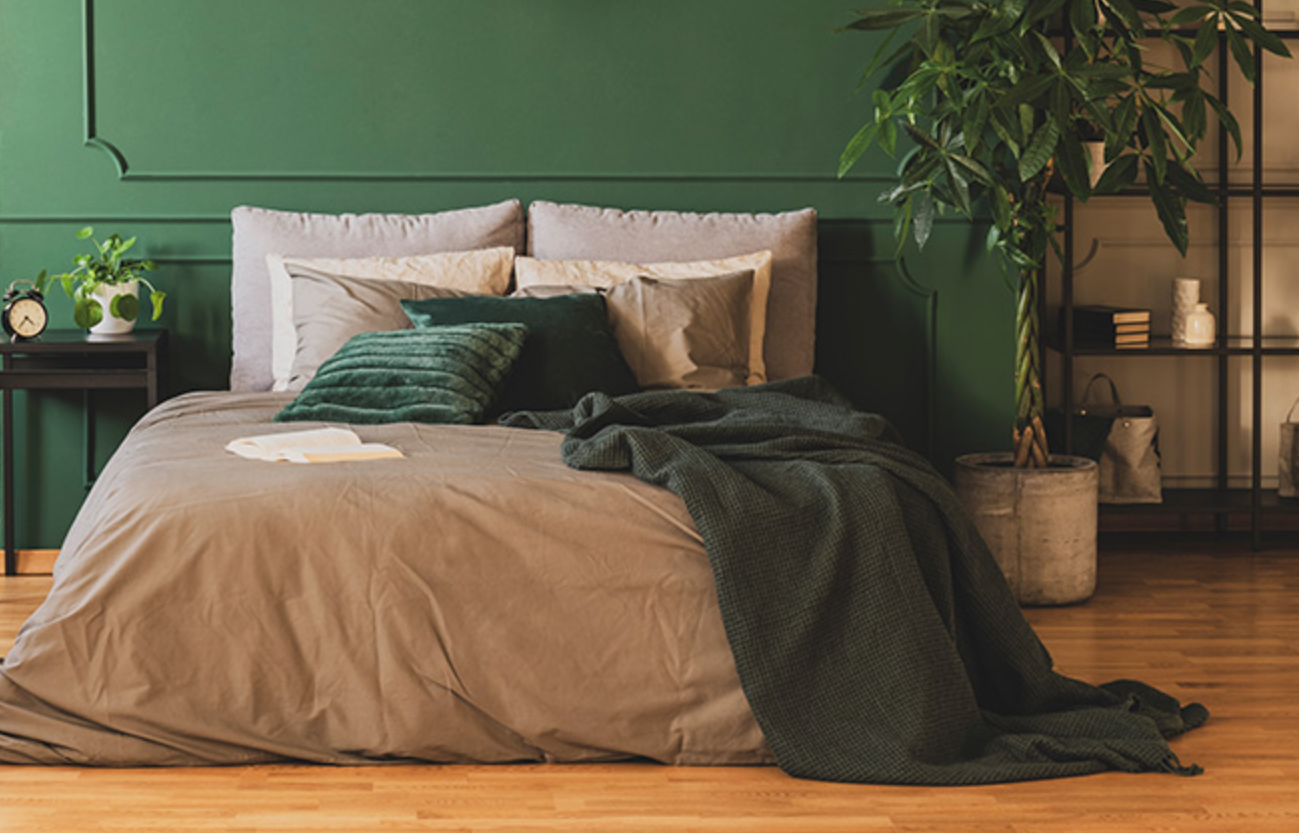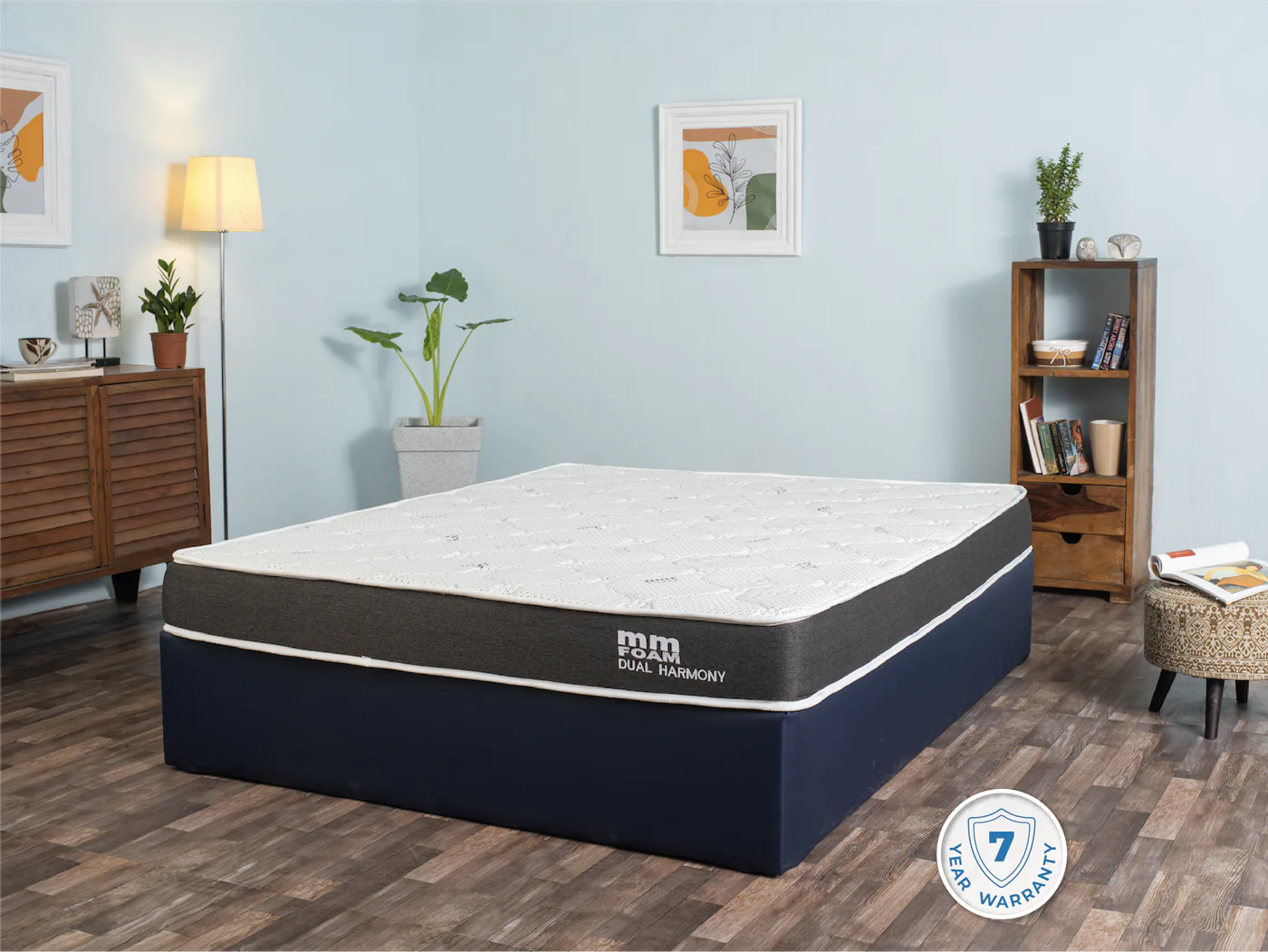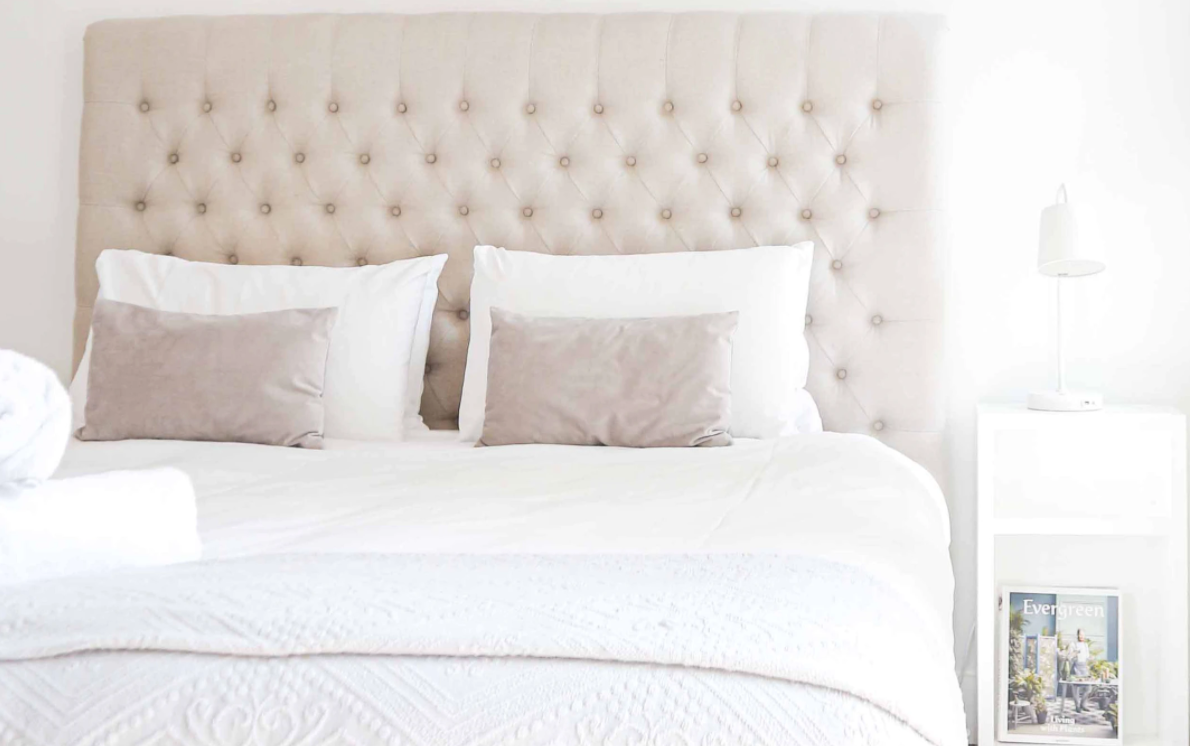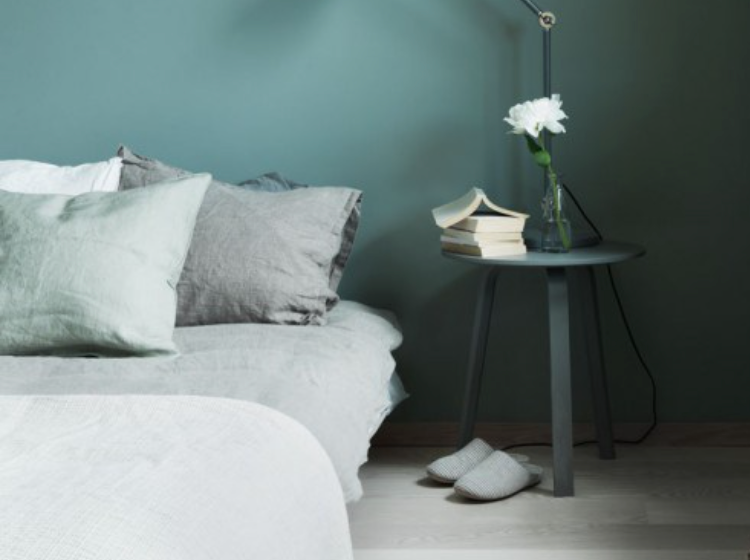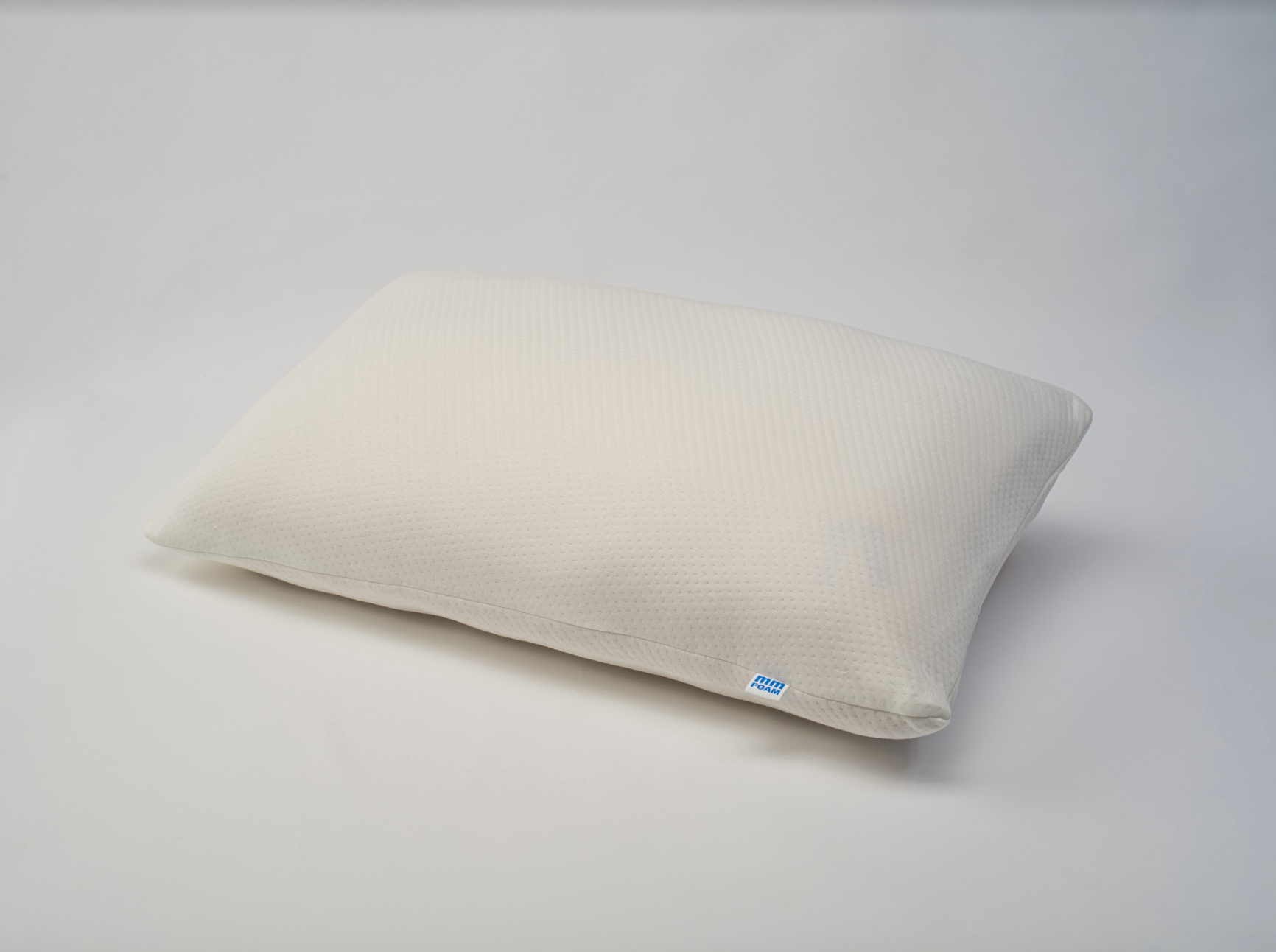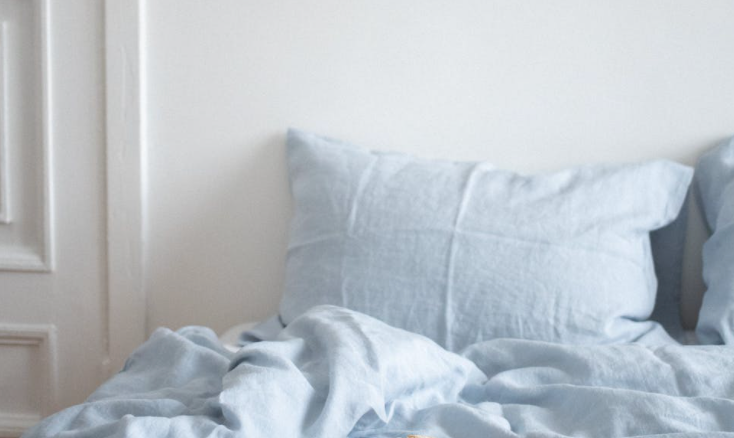Your cart is empty
Looks like you haven't added anything to your cart yet

Create A Good Environment For Better Sleep
With the current Covid19 crisis that the world is facing, getting a good night’s sleep can be even harder than ever, given the additional stress you might be facing. Keep in mind however, that a good night’s rest goes a long way in helping you strengthen your immunity. So paying attention to it matters now more than ever.
Today we bring you a few tips to help you create an optimum sleep environment - subtle changes that could help you sleep soundly through the night and wake up stronger - both mentally and physically - to cope with tomorrow’s problems.
The Impact of Temperature on Good Sleep

The reason temperature plays an important role in the quality of your sleep is that as you get sleepy towards the end of the day, your body’s temperature naturally begins to drop, assisting it to go into ‘deep sleep’ mode. If the temperature of your sleep environment doesn’t support this natural phenomenon, you might not get the best quality of sleep; or worse, you might not be able to fall asleep at all!
Make sure the temperature in your bedroom is optimal for a good night’s sleep. Feeling too hot or too cold can keep you awake, dehydrate you and cause restless sleep.
The temperature recommended for good quality sleep is between 15 to 19 degrees Celsius, (59 to 66 degrees Fahrenheit) according to the National Sleep Foundation. However, since each person’s body is built differently, take cues from your body’s comfort levels and turn on a fan, remove or add blankets, or open or shut a window, to ensure that your body reaches the optimum temperature for a deep sleep.
Impact of Light on Good Sleep

Because of the inbuilt clock our bodies have, light plays an important part in ensuring a good night’s sleep. Here’s how: When Melatonin, a hormone that induces sleep, is released, it sends a signal to your brain that it is time for your body to begin relaxing and getting ready to rest.
Melatonin naturally begins to be secreted when sunlight begins to fade. However, if your body is exposed to light during the latter part of the evening or at night, it can hamper the production of Melatonin, and subsequently affect your sleep as well.
This is why sleeping with lights on is not recommended. As part of your bedtime routine, you could even try dimming the lights for a whole hour before you intend to sleep, to give your body’s natural way of getting ready for bed a helping hand.
Shut off your TV and keep other screens like your phone, laptop or tablet away a full hour before you sleep. These gadgets emit a blue light that is particularly detrimental to sleep. Also ensure that your curtains or blinds are closed, so that light from outside doesn’t filter in, and if required, invest in ‘black out’ material to make sure that nothing gets through the fabric. Alternatively you could try out an eye mask made out of soft, flexible material.
If you are one of those people who simply cannot sleep in complete darkness, or you require some light at night to guide you should you wake up, choose a red or orange coloured night light - recommended as the best colours for inducing sleep.
The Impact of Clutter on Good Sleep

While meditation as a possible pre-bedtime activity can help your mind to free itself of the day’s thoughts and stresses, did you know that falling asleep and waking up in a messy bedroom could also have a negative impact on your state of mind?
Seeing clutter the last thing before you sleep can subconsciously cause your mind to feel ‘cluttered’ too, and so affect the quality of your sleep. Similarly, seeing an untidy room first thing in the morning is not the most conducive to waking up positive and ready to take on the day.
Keep the energy in your bedroom clean at all times. Make it a point to ensure that it becomes a haven of rest and relaxation, so that every time you enter, you are filled with a sense of peace, sending your body the signal that this is the place where you’re going to get your much needed 7 to 9 hours of rejuvenation. As a bonus, this could be a place you come to for a time-out from all the stressful Covid19 news, when working from home gets just a bit too much or when you need to practice some deep breathing if anxiety strikes.
Remove things like a work desk and electronic gadgets, if possible, clear up things like piles of clothes and put things like books in the place where they belong and items that may activate your brain too much, such as a vibrant or intense piece of art. You can also add calming elements like a plant, a peaceful painting in colours that induce sleep, or a diffuser with relaxing lavender essential oil.
Given that most of us are working from home these days, try to avoid making your bed your work station. Let your brain subconsciously begin to understand that your bed is meant ONLY for rest and relaxation.
If you are comfortable with a messy room and feel that you’re used to it, so it’s not going to hamper your sleep in anyway, think again - your brain subconsciously registers the mess as a pending task, eg. a pile of clothes means laundry needs to be done. To your brain, messiness is like an annoying buzzing sound in the background, and even when you sleep, it remains subconsciously as a deterrent to a peaceful sleep.
The Impact of Sound on Good Sleep

Sound can have both a negative and positive impact on your sleep. There are many noises we hear during the day that seem insignificant, such as a pet barking, sounds from someone cooking in the kitchen, a TV on in a nearby room or traffic from the road. However these same noises can affect your sleep cycle as well as the quality of your sleep at night, and you may not even realise that they are affecting you.
Even noises that are around 30 to 40 decibels, such as the background noise in a neighbourhood, the sound you hear in a quiet office or someone working on a computer are enough to disturb you in your sleep, even though you might not fully awaken. Louder noises like someone having a shower, a refrigerator, or a flushing toilet, have an even worse impact on the quality of your sleep. If you notice that you wake up often during the night or wake up in the morning not feeling well rested, consider that it could be that the sound level is not optimum in your sleep environment.
Here are a few tips to understand and counter the negative noises where you sleep:
- Sleep apps like SleepBot and SleepCycle not only track your sleep cycle, but also record when disruptions to your sleep happen, giving you valuable information as to what could be causing your less than optimum rest.
- Ear plugs could help to drown out noises, especially if you live in a noisy neighbourhood or sleep next to someone who snores.
- Try to avoid running machinery like dishwashers and washing machines during your hours of sleep.
- Carpets and heavy curtains can help muffle noises to a certain extent.
- Make sure your TV is turned off before you sleep and that there is no audible pinging and beeping from your phone or other gadgets in your bedroom, when you sleep.
The right kind of sound on the other hand, can have a positive impact on the quality of your sleep. Sounds from ‘white noise’ and sound machines that play soothing noises like falling rain or gentle ocean waves, can actually induce sleep, and further, drown out other disruptive noises like the ones mentioned above.
A YouTube search will reveal several options, like the one above, that could help you get those much needed, undisturbed zzz’s!
- Choosing a selection results in a full page refresh.

